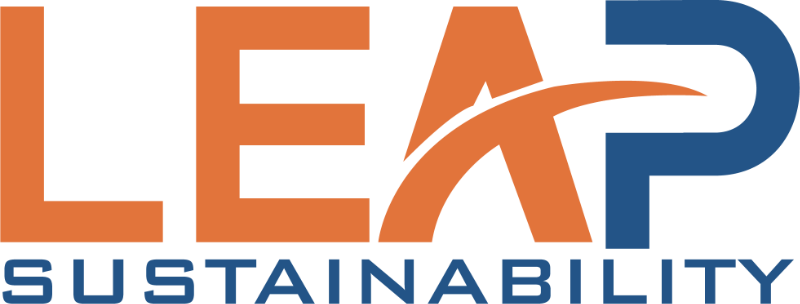Resources
For those who want to delve more deeply into ESG-relevant topics, here is a selection (by no means exhaustive!)
Key sustainability frameworks:
UN SDGs (United Nations Sustainable Development Goals)
Adopted by all UN member states in 2015, a set of 17 goals for 2030 for action by governments, business and civil society.
GRI (Global Reporting Initiative)
Widely used sustainability standards, globally applicable and including detailed data requirements.
ISSB/IFRS (International Sustainability Standards Board/International Financial Reporting Standards Foundation)
The ISSB was created to produce a set of comprehensive global sustainability-related disclosure standards. ISSB draft standards published in 2022, with final version due in 2023. Disclosures aimed at investors and other capital market participants.
UN Global Compact Australia
The world’s largest corporate sustainability initiative has ten principles on human rights, labour, environment and anti-corruption. Its local hub works to advance responsible business and the private sector’s contribution to sustainable development.
TCFD reporting framework (Taskforce on Climate-related Financial Disclosures)
The TCFD recommendations on climate-related financial disclosures are widely adoptable and applicable to organisations across sectors and jurisdictions. They are designed to solicit decision-useful, forward-looking information that can be included in mainstream financial filings.
TNFD (Taskforce on Nature-related Financial Disclosures)
The TNFD’s risk management and disclosure framework aims to enable organisations to report and act on evolving nature-related risks, such as impacts on biodiversity.
ESG Myths
Surveys show some businesses and business people globally still believe these myths:
If that were true, would big businesses globally have adopted sustainability?
Many sustainability initiatives do have an upfront cost. But often those same initiatives have benefits that save the business money over time – through efficiencies, reducing personnel churn or simply, having better oversight of all your business performance which enables better decision-making.
On the flip slide, being able to measure and report on your sustainability impacts can lead to opening new markets or new opportunities, as well as making your business more attractive for lenders and investors.
Initially many businesses adopted sustainability to improve or maintain their reputation – and having genuine and effective sustainability initiatives does boost your reputation if you communicate effectively about what you are doing.
BUT, as many have found, it only works if you are genuine and honest in your attempts to improve. Consumers and others are quick to see through ‘greenwashing’. In Australia, the ACCC has signalled it is cracking down on businesses that falsely make sustainability claims (greenwashing).
Businesses that exaggerate benefits from their products, over-emphasise the positive environmental or social impacts they are creating while ignoring negative impacts, or make other claims that don’t stand up to scrutiny often experience negative impacts over time, such as a loss of trust from their customers, or an ‘unmasking’ of their false claims or exaggerations. This can lead to share price decline, loss of market share or other financial penalties.
PR is best when it is true.
Research has shown that over the long-term businesses that have some sustainability or ESG focus outperform those that don’t. It’s now widely understood that having a sustainability or ESG focus protects financial value by managing a broad spectrum of risks, including regulatory risks and non-financial risks (those arising from failures in governance, or negative environmental or social impacts).
That understanding is reflected in the efforts to develop a global framework for ESG reporting complementing financial reporting. The European Union has adopted a set of non-financial reporting rules for companies, which will come into force progressively. The IFRS, the non-profit organisation established to develop globally accepted accounting and sustainability disclosure standards, has published a draft sustainability disclosure standard which will be finalised in 2023 and the US Securities Exchange Commission is also developing a set of enhanced disclosures on ESG matters.
Increasingly, if you do business in these markets, you’ll need to pay attention not only to disclosure standards but also to carbon emissions. The EU voted in 2022 to levy are carbon emissions tariff on imported goods that create environmental damage during production. While the details are being worked out, it provides fair warning that sustainability and ESG will play an increasing role in trade.
